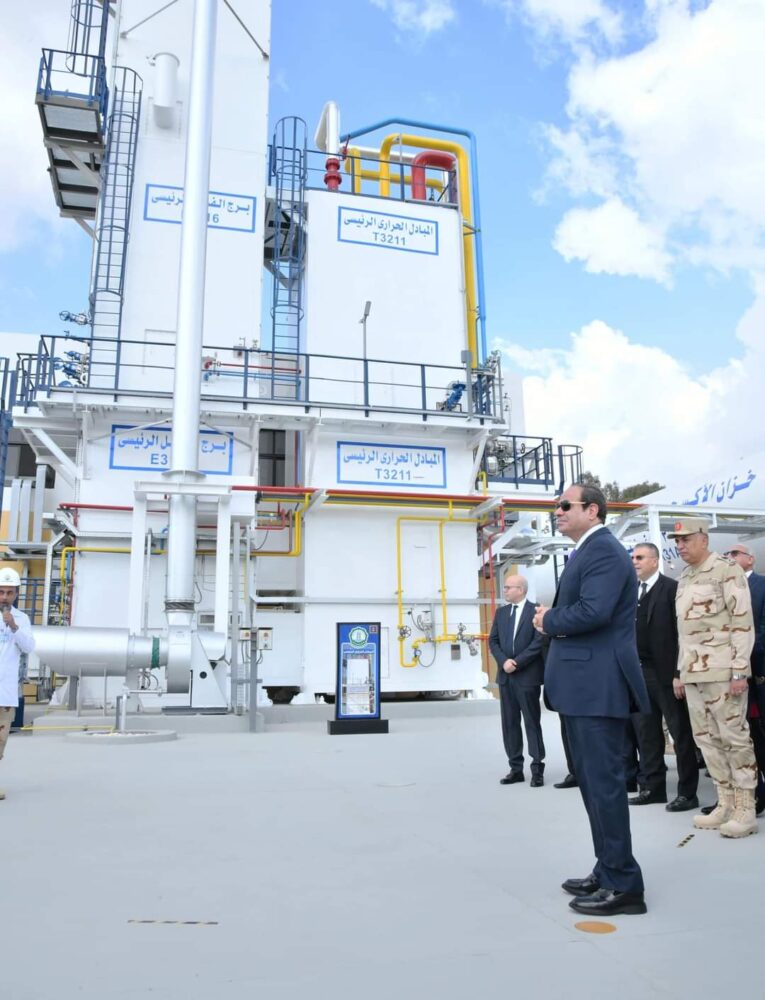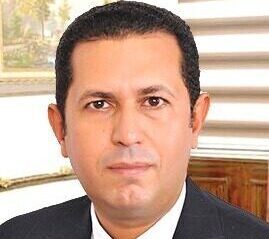During his inauguration recently of national projects at the Chemicals Complex in Abu Rawash district, Giza, President Abdel Fattah El Sisi conveyed a series of important messages relating to the prices of commodities and saving hard currency.
He also made clarifications on the proposed Suez Canal investment fund, assuring the public that it will be overseen by the authorities concerned after the proposal raised public controversy recently following rumours that the fund would be a prelude to the sale of the canal or its assets.

In light of this, the president still builds genuine public awareness and imparts a proper understanding of many matters and issues clearly and frankly.
The president also spoke openly about the economic crisis that Egypt is experiencing as a result of the war in Ukraine and its impact on the US dollar exchange rate and commodity prices. In his inaugural address, the president gave the real reasons for the economic crisis, and gave a roadmap for the future.
The conflict between international forces has disrupted the world’s supply chains and led to a shortage in energy supply, resulting in a dramatic surge in food prices. However, Egypt has taken preemtive measures: reduce reliance on imports and achieve self-sufficiency in strategic materials, such as chlorine, for which demand soared during the coronavirus crisis.
The Egyptian government has paid great attention to agriculture and established the national silos project to double storage capacity of main commodities. Egypt’s leadership is also keen on localising industry, bearing in mind that it is the only way to lessen dependence on imports and secure our local needs, while saving foreign reserves.
President Sisi’s completely honest approach with the public and discussing everything with them was evident in his call to work together to confront price rises and relieve the economic burden.
The president said the nitrogen fertiliser complex, which is due to open soon, will cope with expansion of arable land. In the meantime, the president rejected criticism of expanding national projects, saying: “We know that prices have become burden, but we can’t do anything more than what we are already doing. This is the right time when we must all come together and rein in food prices.”
Here comes the importance of finding sources to fund the national projects away from the state budget. One innovative solution is the establishment of investment funds.
This scheme was implemented by the Ministry of Health to cover the neediest categories in the country’s universal health insurance system and upgrade the efficiency of hospitals. Similarly, the Ministry of Housing made funds available to build a million new homes a year without straining the nation’s budget.
Moreover, the proposed Suez Canal fund will provide a source for national development without resorting to the Ministry of Finance.
Had not been for these out-of-the box ideas for shaping the state current and future status, Egypt could have never accomplished so much within just a few years or weathered the shocks that also hit the world’s strongest economies.
Mohamed Fahmy is the editor-in-chief of The Egyptian Gazette and the Egyptian Mail newspapers






Discussion about this post